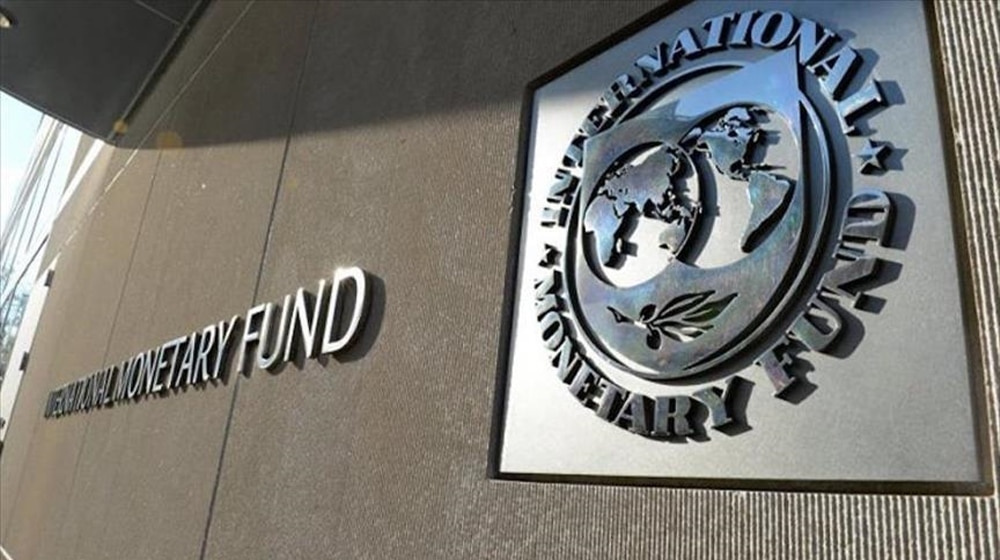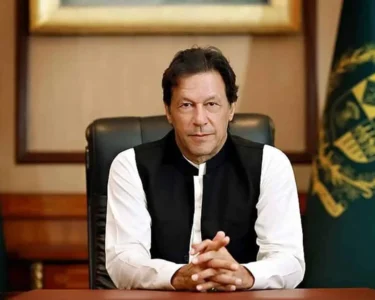In a recent press briefing, IMF Director Communication Julie Kozack highlighted the need for continued reforms in Pakistan to address its structural challenges and foster economic transformations. She emphasized the importance of inclusive growth prospects and the creation of an environment conducive to renewed private capital inflows. This article delves into the key aspects of Pakistan’s economic situation, the IMF’s role in supporting the country, and the necessary reforms for long-term stability and prosperity.
The Standby Arrangement for Pakistan
On July 12th, the IMF’s Executive Board approved a 9-month standby arrangement for Pakistan amounting to 3 billion US dollars. The primary objective of this program is to support the authority’s economic stabilization plan. Pakistan received an immediate disbursement of approximately 1.2 billion US dollars, which will anchor the authorities’ efforts to stabilize the economy. This program aims to provide a framework for financing from multilateral and bilateral partners to support the policies of the Pakistan government.
READ MORE:
Honor MagicPad 13 and Magic Watch 4 Unveiled at Latest Launch Event
Importance of Steadfast Policy Implementation
To ensure the success of the program and to aid and support the people of Pakistan, steadfast policy implementation is crucial. The IMF recognizes the significance of protecting the most vulnerable segments of society while implementing policies that strengthen the domestic and external economic situation. Although the standby arrangement is relatively short, it offers Pakistan an opportunity to implement critical policies that will contribute to sustainability.
Long-Term Reforms for Economic Transformation
- Fostering Inclusive Growth Prospects: Resolving Pakistan’s structural challenges requires a focus on inclusive growth. This entails formulating policies that address income inequality, create job opportunities, and enhance access to quality education and healthcare. By prioritizing inclusive growth, Pakistan can foster a more equitable society and ensure that the benefits of economic transformation reach all segments of the population.
- Creating an Enabling Environment for Private Capital Inflows: Private capital inflows play a vital role in stimulating economic growth. To attract and retain private investments, Pakistan needs to establish an environment that encourages entrepreneurship, ensures the protection of property rights, and offers a transparent and efficient regulatory framework. By doing so, the country can tap into the potential of the private sector and unlock sustainable economic growth.
- Implementing Continued Reforms: While the standby arrangement provides immediate support, resolving Pakistan’s structural challenges requires sustained reforms over the medium term. These reforms should encompass various sectors, including fiscal management, taxation, governance, and infrastructure development. By implementing a comprehensive reform agenda, Pakistan can create a solid foundation for long-term economic stability and growth.




